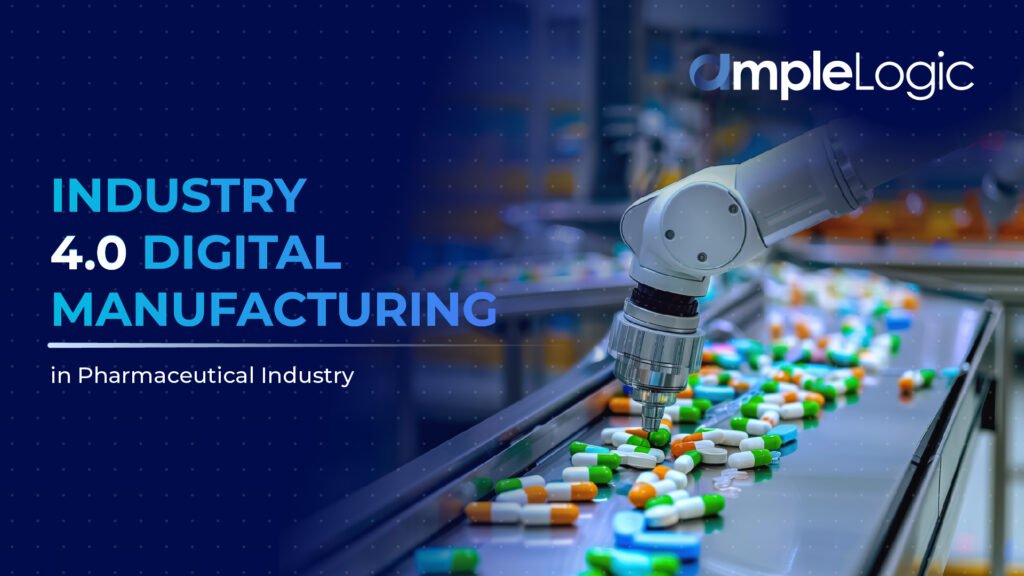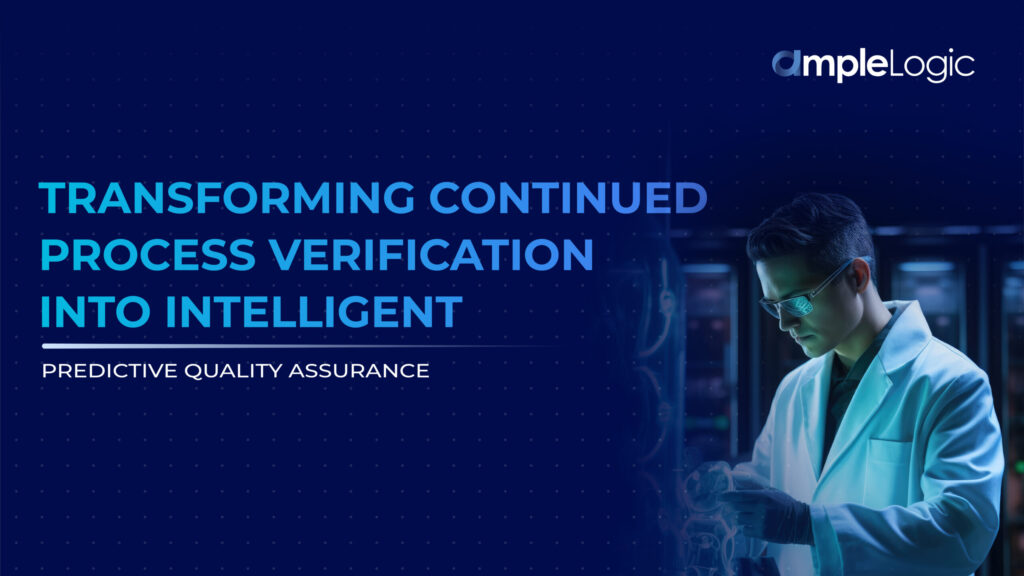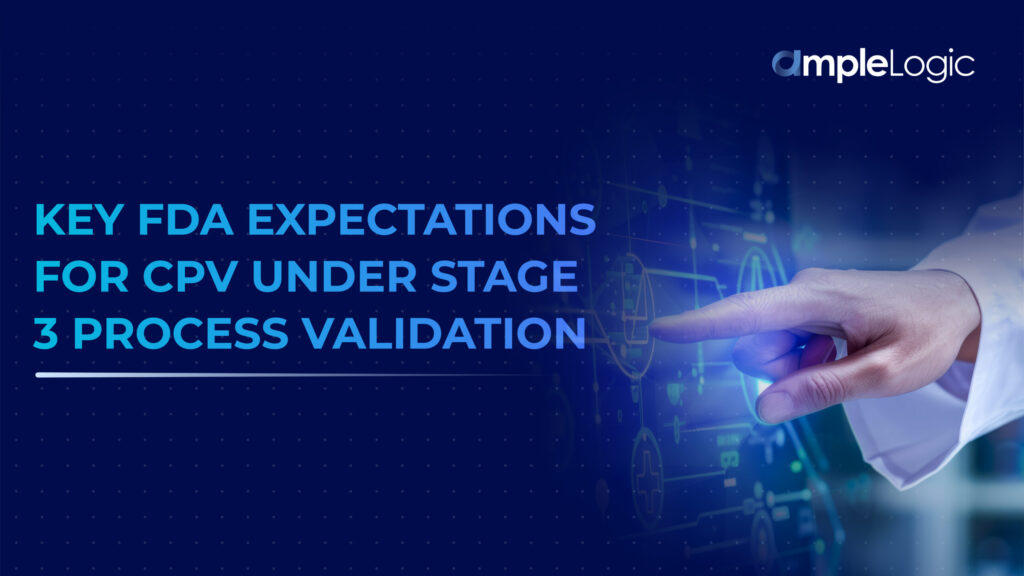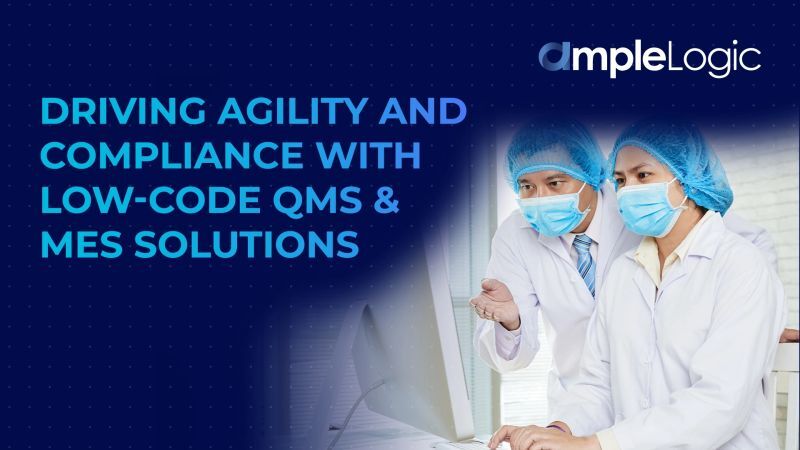
The future of data in life sciences is poised for transformative change, driven by an ever-increasing volume of complex information generated through cutting-edge technologies. As advancements in genomics, drug discovery, and precision medicine accelerate, the need for effective data management in labs has never been more critical. Laboratories face challenges such as fragmented data, manual errors, and growing regulatory requirements, making it essential to adopt systems that can streamline data processes, enhance decision-making, and ensure compliance. In this article we will closely discuss the data challenges in the lifescicenes sector and further talk about the need to integrate powerful tools to solve the existing issues.
Challenges Navigating the Data-Driven Future
- Fragmented Data Silos: Isolated datasets generated by disparate departments and instruments create significant challenges in seamless data sharing and cross-team collaboration. This fragmentation delays insights, stifles innovation, and inhibits holistic decision-making.
- Prone to Errors: Manual data handling remains not only labour-intensive but also highly susceptible to human errors. These inaccuracies compromise data quality, jeopardize research reliability, and can lead to costly setbacks or invalid conclusions.
- Regulatory Pressures: Compliance with stringent standards such as FDA, ISO, and GLP demands rigorous documentation, traceability, and data integrity. Organizations must adopt robust systems to meet these requirements, ensuring both data security and regulatory adherence.
- Complex Data Analysis: The growing volume and complexity of datasets necessitate advanced analytical tools and expertise. Extracting meaningful insights from such data requires specialized skills and resources, often posing barriers to effective interpretation and timely decision-making.
Introducing LIMS for Solving Lifesciences Data Complexities
A Laboratory Information Management System (LIMS) is a cutting-edge digital platform that fundamentally transforms laboratory operations by automating workflows, centralizing data storage, and ensuring unwavering regulatory compliance. Serving as the backbone of laboratory management, LIMS for lifesciences empowers labs with tools to efficiently manage samples, track experiments, and store data with the highest level of security.
By seamlessly bridging the gap between raw data and actionable insights, LIMS for lifesciences not only enhances operational productivity but also ensures the integrity and reliability of data, fostering greater confidence in research outcomes. With its ability to streamline complex processes, LIMS for lifesciences is an indispensable tool that supports high-stakes research, enabling laboratories to achieve faster, more accurate results while maintaining full compliance with industry standards.
Benefits of LIMS Application
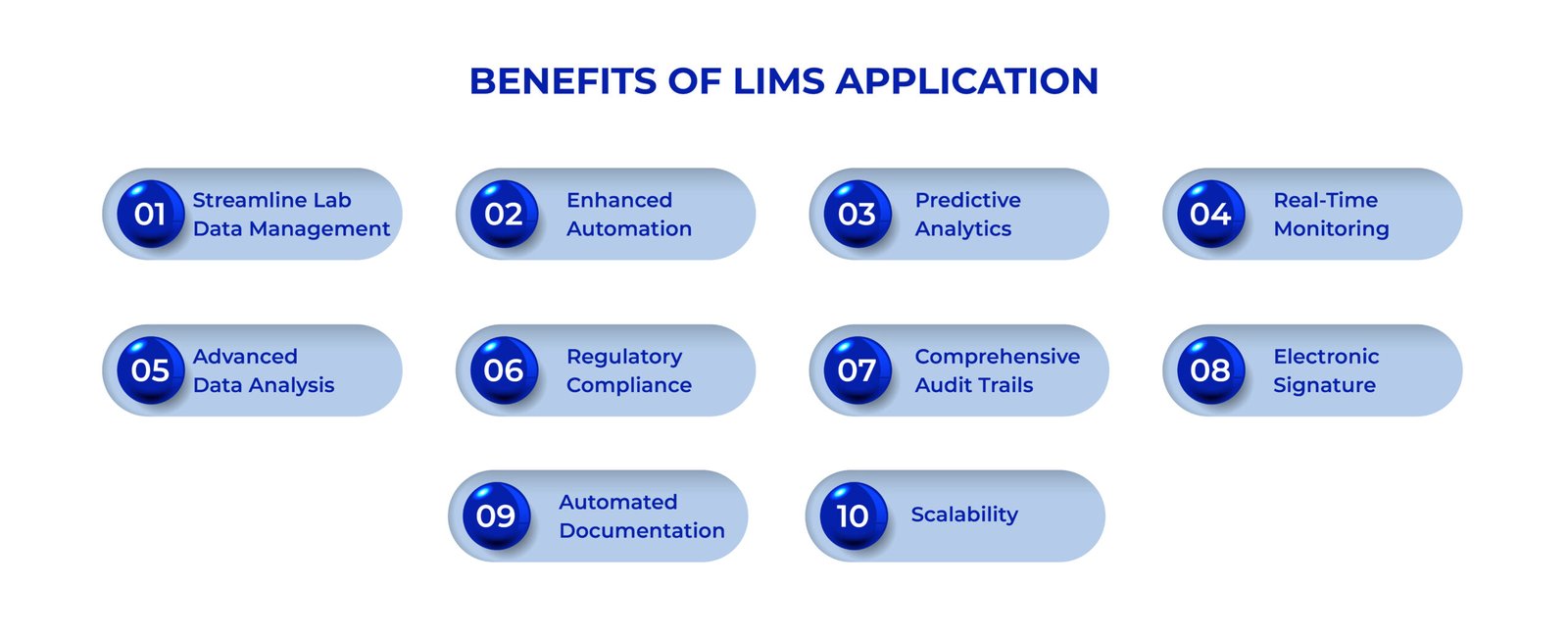
- Streamlining Data Management in Labs: At the core of LIMS for lifesciences is its ability to consolidate data from disparate sources into a single, unified system. This eliminates data silos and ensures consistency, making it easier for teams to collaborate. Whether it’s integrating results from analytical instruments or collating datasets across departments, LIMS for ensures all information is accurate, secure, and easily accessible.
- Enhancing Efficiency Through Automation: Repetitive tasks such as sample logging, data entry, and reporting are prone to inefficiencies and human errors. LIMS for lifesciences automates these processes, saving time and reducing inaccuracies. Automation enables laboratories to focus on high-value research while maintaining a streamlined operational workflow.
- Driving Advanced Data Analysis: LIMS for lifesciences comes equipped with powerful analytics tools that allow researchers to make sense of complex datasets. Whether it’s identifying trends, tracking quality metrics, or predicting experimental outcomes, LIMS enables data-driven decisions that accelerate research and development.
- Ensuring Regulatory Compliance: Regulatory compliance is a critical aspect of life sciences. LIMS for lifesciences simplifies adherence to industry standards by offering:
- Comprehensive Audit Trails: Track every change made to data or processes for full traceability.
- Electronic Signatures: Ensure data integrity and authenticate key actions.
- Automated Documentation: Generate accurate, standardized reports for regulatory submissions.
These features mitigate the risk of non-compliance, ensuring smooth audits and faster approvals.
- Scaling Operations with Ease: As laboratories grow, their data management needs become more complex. LIMS is designed to scale effortlessly, accommodating larger datasets, expanding sample volumes, and incorporating new workflows without compromising efficiency or accuracy.
The Future of Lab Technology: LIMS in Life Sciences
The integration of emerging technologies like artificial intelligence (AI) and machine learning (ML) into LIMS is set to redefine its capabilities. Advanced LIMS platforms will offer:
- Predictive Analytics: Leveraging historical data to forecast trends and outcomes, aiding in proactive decision-making.
- Enhanced Automation: Minimizing manual intervention and streamlining end-to-end laboratory processes.
- Real-Time Monitoring: Enabling laboratories to respond dynamically to changes or anomalies as they occur.
Moreover, cloud-based LIMS solutions are gaining traction, providing greater accessibility, scalability, and opportunities for global collaboration. Laboratories can now access their data securely from anywhere, fostering innovation across borders.
A Data-Driven Imperative
In an era where data dictates success, laboratories cannot afford inefficiencies or errors in data management. Lifesciences software solution has emerged as a cornerstone of operational excellence, enabling laboratories to maximize efficiency, ensure accuracy, and meet regulatory demands with confidence.
As the life sciences industry continues to evolve, the adoption of cutting-edge lifesciences software solution is no longer optional—it is essential. Investing in LIMS ensures that laboratories stay competitive, agile, and prepared to lead in a data-driven world.
By embracing LIMS, life sciences organizations can focus on what they do best: pushing the boundaries of innovation and transforming lives through groundbreaking discoveries.
AmpleLogic LIMS: The Key to Transforming Data Management in Labs
In the rapidly evolving life sciences industry, where data drives innovation and regulatory compliance, managing vast amounts of complex information has become more challenging than ever. AmpleLogic LIMS addresses these challenges head-on, providing a unified platform that consolidates data from various sources, automates workflows, and ensures full compliance with stringent regulations. By eliminating data silos, enhancing collaboration, and improving data accuracy, AmpleLogic LIMS empowers laboratories to unlock actionable insights, streamline operations, and make data-driven decisions that accelerate research and development.
With advanced automation, AmpleLogic lifesciences software solutions minimize manual data entry and repetitive tasks, reducing the risk of human error and improving overall efficiency. Its powerful analytics tools help researchers and scientists analyze complex datasets, identify trends, and make proactive decisions, ultimately boosting productivity and enhancing the speed of scientific breakthroughs.

Furthermore, AmpleLogic LIMS ensures that laboratories meet regulatory compliance with comprehensive audit trails, electronic signatures, and automated documentation, providing full traceability and simplifying audits. As labs continue to grow, AmpleLogic lifesciences software solutions offers scalability, enabling seamless integration of new workflows, larger datasets, and expanding sample volumes, ensuring that your lab remains agile and prepared for the future.



